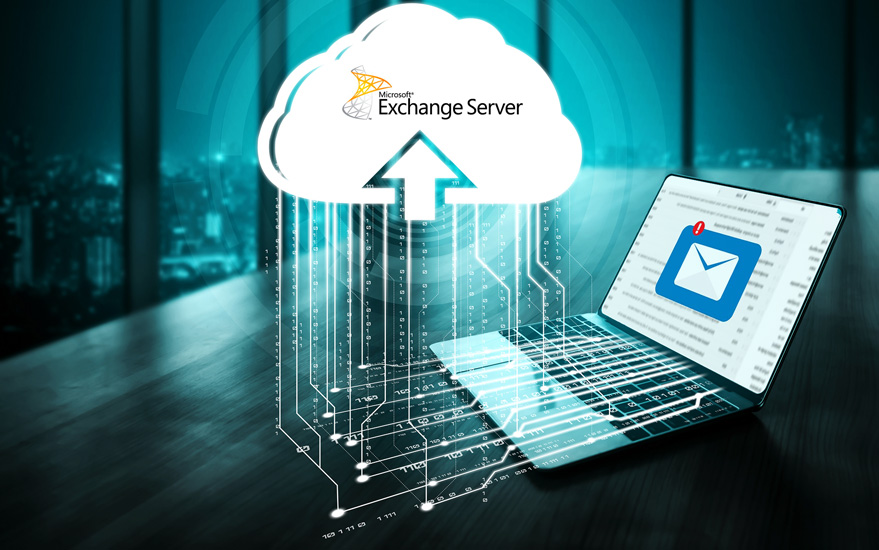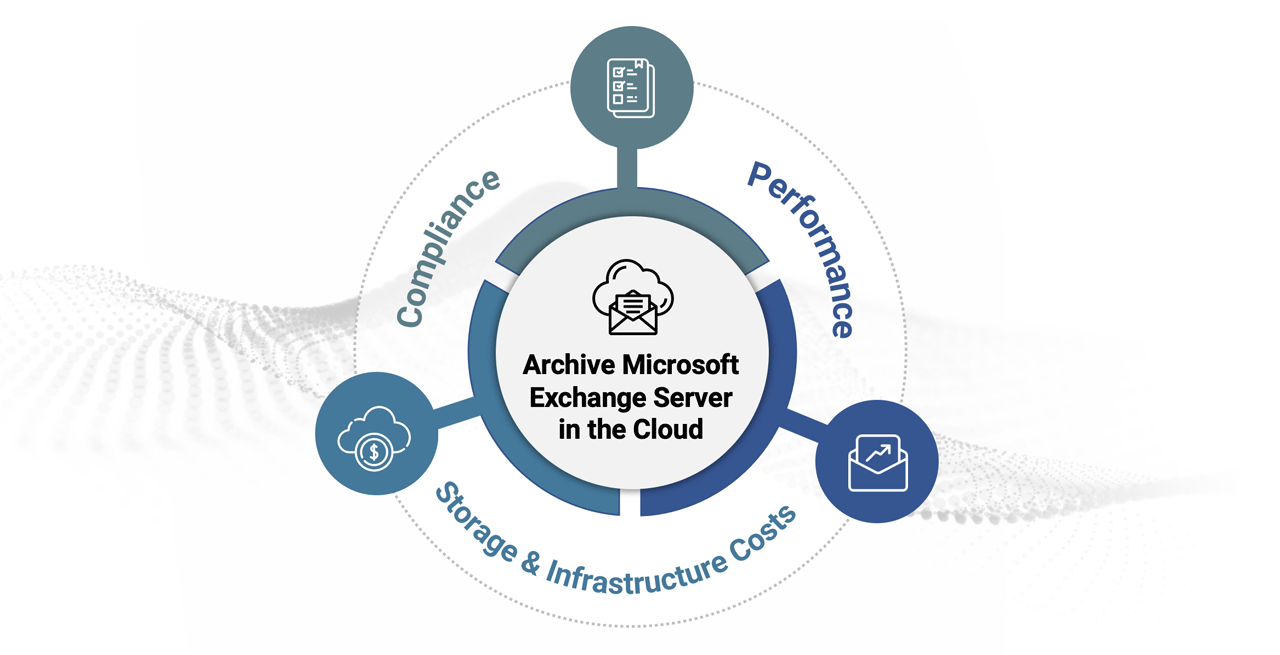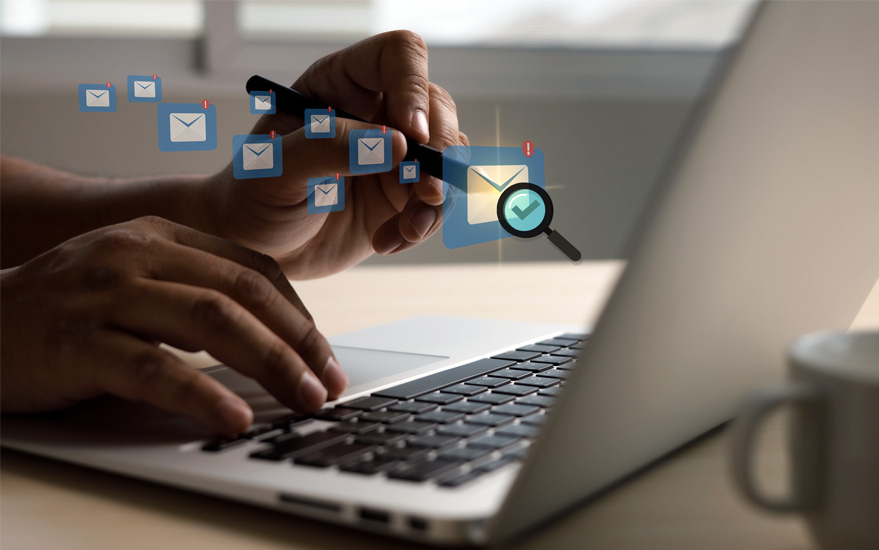
Top Three Reasons to Archive Your Microsoft Exchange Server in the Cloud
Email continues to grow as the number one communication and collaboration tool, and Microsoft Exchange Server remains the dominant on-premise solution for enterprise email. In addition enterprises must now retain more and more sensitive information to meet governance and compliance objectives. The net result is that enterprise IT is facing three major challenges to manage their Exchange Servers, and many are looking to cloud data management as a solution.
1. Reduce Storage, Infrastructure and Compliance Costs
Today, every 60 seconds, at least 160 million emails are sent around the world, and 1,820 Terabytes of data are created. This unbridled email growth drives increased costs associated with email server performance, increased storage and compliance management that can drain IT budgets. Productivity and operational efficiency are impacted as well in terms of time wasted on e-discovery, legal hold management and maintenance of data retention requirements.
By archiving emails to the cloud, administrators are able to define policies that ensure historical emails are stored in low cost object storage buckets and purged according to predefined retention plans. When email retention periods expire, archived emails are safely purged from the production servers thus freeing up storage space and improving overall email server performance. IT support time is greatly reduced because end users retrieve their archived emails using a self-service model. And equally important, the risks associated with fines and regulatory enforcement is mitigated.
2. Achieve Regulatory Compliance
As the sheer volume of email grows consumer data privacy regulations and enforcements (GDPR, CCPA, LGPD, NYDFS, PIPEDA, etc) are expanding scrutiny as well. In the past organizations were chiefly concerned with managing e-discovery and legal hold requirements or with meeting compliance mandates such as HIPAA, HITECH, FINRA and SEC electronic storage media requirements such as SEC Rule 17-A. But consumer data privacy regulatory reform is a game changer because now virtually all emails must be assumed to contain sensitive consumer information and must be archived as well.
Consumer data privacy regulations require that organizations not only know where all their sensitive consumer email data is stored, but also that they are able to efficiently respond to discrete consumer requests concerning the management of those emails and addresses. For instance GDPR grants consumers the right to erasure and the right to opt-out. These new regulations effectively raise the bar on email compliance because now all email, especially sales and marketing communications, generally falls under one or more compliance mandates.
3. Performance
The exponential growth of email means data growth is a top concern for any organization managing Microsoft Exchange Server. Exchange performance suffers as data sets expand and adding load balancers or edge transport servers will not always solve the problem. Email server performance is a number one challenge for system administrators because all email users from the CEO to frontline workers require peak performance. Poor email server performance is just not an option.
Research shows that emails over one year old are rarely ever accessed, and therefore, sensible email retention and archiving policies are able to free up valuable Exchange Server resources by processing current emails only. Older, archived emails are still accessible, but are no longer resident on the Exchange server consuming expensive resources like direct attached storage volumes and memory.
The Solution
SOLIXCloud Email Archiving and SOLIXCloud Enterprise Archiving is a software-as-a-service solution that 1) reduces the cost, 2) maintains compliance and 3) improves the performance of Microsoft Exchange Server by applying Information Lifecycle Management best practices. SOLIXCloud provides secure and compliant email archiving that features e-discovery, legal hold and retention management. SOLIXCloud Email Archiving is safe, secure, transparent to the end user, and a critical capability for organizations of all sizes.




